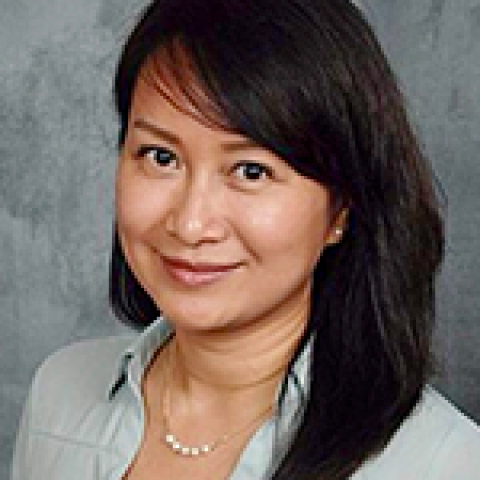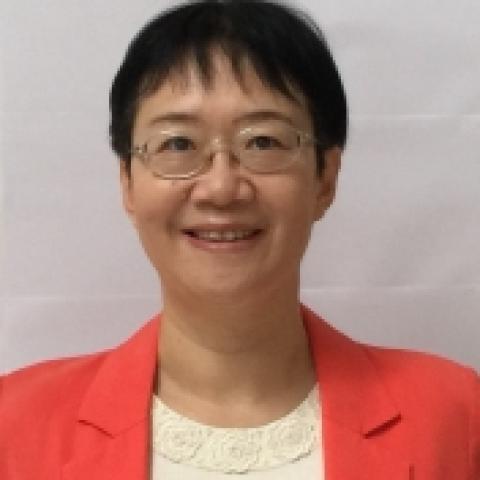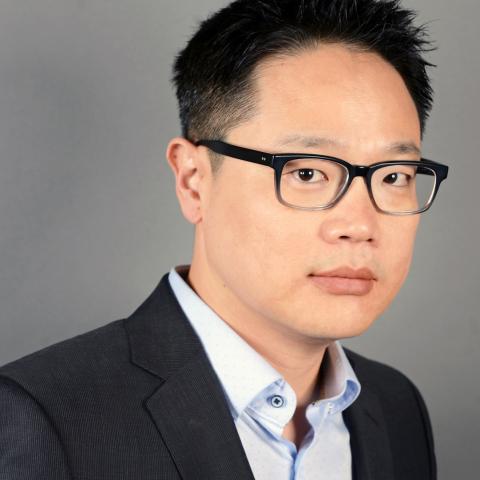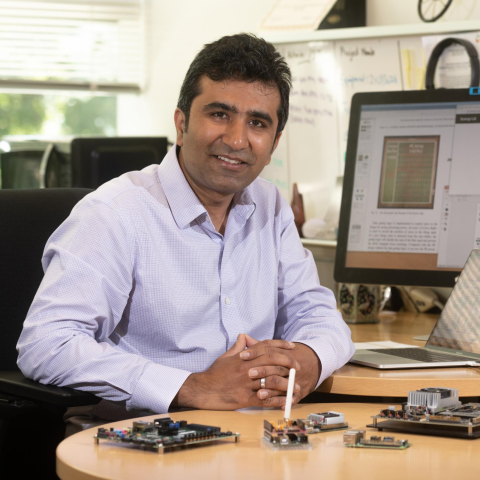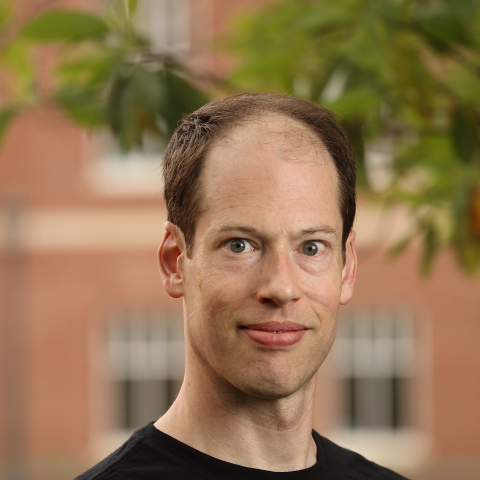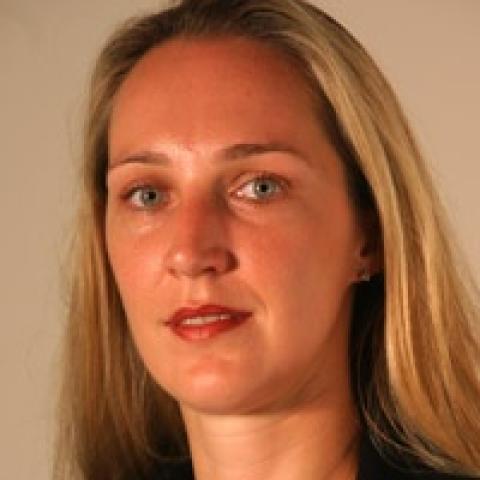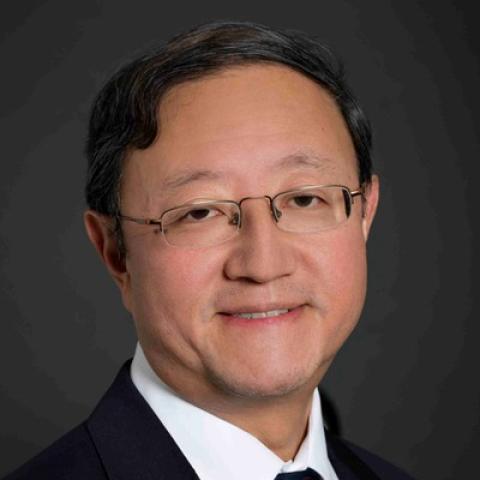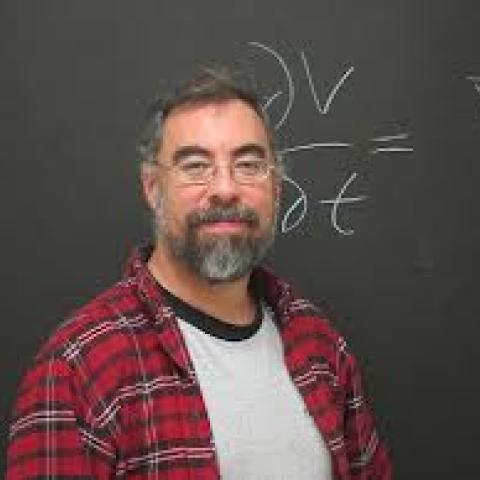Siva Theja Maguluri
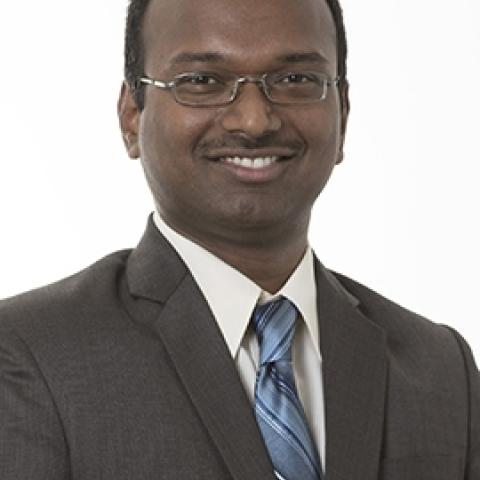
Siva is Fouts Family Early Career Professor and an Assistant Professor in the H. Milton Stewart School of Industrial & Systems Engineering at Georgia Tech.
Before joining Georgia Tech, he spent two years in the Stochastic Processes and Optimization group, which is part of the Mathematical Sciences Department at the IBM T. J. Watson Research Center. He received my Ph.D. in ECE from the University of Illinois at Urbana-Champaign in 2014 and was advised by Prof R. Srikant. Before that, he received an MS in ECE from UIUC, which was advised by Prof R. Srikant and Prof. Bruce Hajek. Maguluri also hold an MS in Applied Maths from UIUC. He obtained my B.Tech in Electrical Engineering from Indian Institute of Technology Madras.
Maguluri received the NSF CAREER award in 2021, 2017 Best Publication in Applied Probability Award from INFORMS Applied Probability Society, and the second prize in 2020 INFORMS JFIG best paper competition. Joint work with his students received the Stephen S. Lavenberg Best Student Paper Award at IFIP Performance 2021. As a recognition of his teaching efforts, Siva received the Student Recognition of Excellence in Teaching: Class of 1934 CIOS Award in 2020 for ISyE 6761 and the CTL/BP Junior Faculty Teaching Excellence Award, also in 2020, both presented by the Center for Teaching and Learning at Georgia Tech.
Reinforcement Learning Optimization Stochastic Processes Queueing Theory Revenue Optimization Cloud Computing Data Centers Communication Networks
